I've written a simple Kotlin source file in order to get started, and a Gradle script file. But I can't figure out how to add the main function to the manifest, so that the JAR could be self-executable.
Here is my build.gradle script :
buildscript {
repositories {
mavenCentral()
}
dependencies {
classpath 'org.jetbrains.kotlin:kotlin-gradle-plugin:0.9.66'
}
}
apply plugin: "kotlin"
repositories {
mavenCentral()
}
dependencies {
compile 'org.jetbrains.kotlin:kotlin-stdlib:0.9.66'
}
jar {
manifest {
attributes 'Main-Class': 'com.loloof64.kotlin.exps.ExpsPackage'
}
}
Here is my com.loloof64.kotlin.exps.Multideclarations.kt:
package com.loloof64.kotlin.exps
class Person(val firstName: String, val lastName: String) {
fun component1(): String {
return firstName
}
fun component2(): String {
return lastName
}
}
fun main(args: Array < String > ) {
val(first, last) = Person("Laurent", "Bernabé")
println("First name : $first - Last name : $last")
}
When I launch the JAR from terminal (java -jar MYJar.jar) I get the following stack trace, saying that the Kotlin reflection library classes are missing, and indeed they have not been added to the JAR. It seems that I am missing the kotlin-compiler artifact classes from the final JAR, and also the kotlin-stdlib sources, but I don't know how to adapt the Gradle build.
$> java -jar build/libs/kotlin_exps.jar
Exception in thread "main" java.lang.NoClassDefFoundError: kotlin/reflect/jvm/internal/InternalPackage
at com.loloof64.kotlin.exps.ExpsPackage.<clinit>(MultiDeclarations.kt)
Caused by: java.lang.ClassNotFoundException: kotlin.reflect.jvm.internal.InternalPackage
at java.net.URLClassLoader$1.run(URLClassLoader.java:372)
at java.net.URLClassLoader$1.run(URLClassLoader.java:361)
at java.security.AccessController.doPrivileged(Native Method)
at java.net.URLClassLoader.findClass(URLClassLoader.java:360)
at java.lang.ClassLoader.loadClass(ClassLoader.java:424)
at sun.misc.Launcher$AppClassLoader.loadClass(Launcher.java:308)
at java.lang.ClassLoader.loadClass(ClassLoader.java:357)
... 1 more
I am using Kotlin 0.9.66 and Gradle 2.1.


